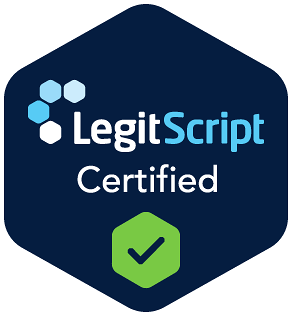In Trenton, New Jersey, challenges like substance abuse and mental health struggles touch many lives, reflecting patterns seen across Mercer County. [1] For some, stigma, the cost of care, or even getting to appointments can make taking that first step feel overwhelming, but help is within reach.
Options for drug and alcohol rehab in Trenton, NJ, range from early intervention services to highly structured care at a Trenton rehab center or nearby facility. Local treatment centers work alongside healthcare providers, peer support groups, and community organizations to make services easier to access.
Whether it’s immediate crisis response or ongoing, long-term support, these programs are designed to meet people where they are—removing obstacles and creating a treatment pathway that protects both safety and dignity.
In Trenton, recovery isn’t just possible; it’s supported by a network committed to helping residents take the next step toward stability and healing.









